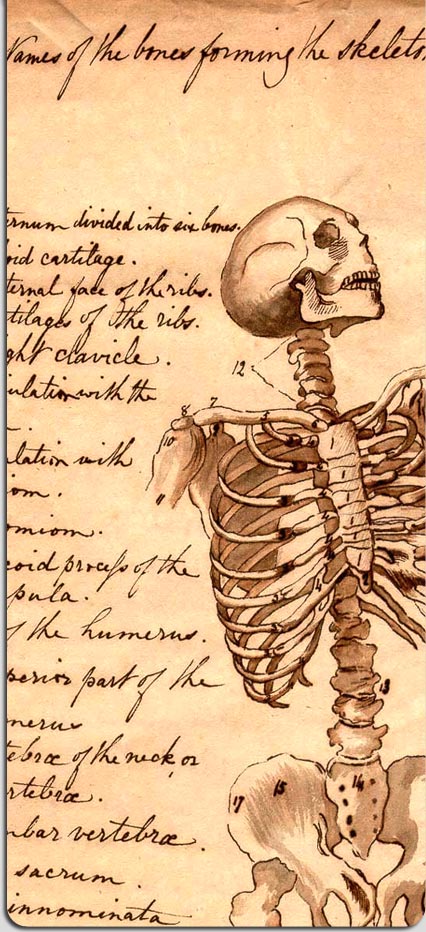Problems With The ED
Some of these are inherent to going to an Emergency Department; others are just the difficulties of clinical medicine.
-
Your doctor will assume the worst.
This is something patient’s really don’t get, and only recently have
I
started to get myself. Emergency medicine trains a person to rule out the really deadly, nasty stuff. We treat, we diagnose when we can, but above all, we make sure
you’re not having a heart attack or any other potentially deadly disease. Let’s remember, of course, that you the patient, have generally gotten
yourself to an
emergency
department for some reason–and we’d like to figure out if it really is an emergency. For this reason, my lists of possible diagnoses have changed.
I saw 5 kids a day with nausea and vomitting on my Peds rotation, and we primarily made the diagnosis of acute gastroenteritis and sent them on their way with fluids and education. But in the ED, it’s not just the stomach flu. It’s an appendicitis, or an incarcerated hernia. (I realize I should have been considering this more often in the outpatient clinics, but my awareness is definitely more heightened.)
The correlate of this emergency paranoia is that you, the patient, will get poked and prodded much more than you would if you just went to your outpatient doctor. Your stomach ache isn’t just a stomach ache in the ED; it could be a heart attack, an aortic dissection, pancreatitis, a kidney stone, or an early appendicitis. (And this isn’t just exaggeration on the part of the ED–there’s many people who have heart attacks who don’t have the classic “crushing chest pain.”) It’s almost like once you’ve got a bed in the ED, you’re stuck there until we’re done with you. I know this sounds terrible. It probably is. But think of the physician’s responsibility for his or her patients: you’ve gone to an Emergency Department and want his or her help. Is it worth drawing blood and urine on patients who might have a heart attack (but might not) if you catch more heart attacks, or other deadly conditions? I’m inclined to say yes. I’ve been in the ED two weeks and I’ve already had at least one patient with a heart attack that I never would have suspected. She had no chest pain, but had a very significant history of heart problems. (Note: this does not mean go to the ER for a heart attack every time you have a stomach ache! Do not tell them I sent you!) -
On to number 2:
You will wait. And wait, and wait, and wait.
We don’t see people in the order they came in, like they do in your doctor’s office. We see them by seriousness of illness, and
then
by when they came in. If you’re next up to get a bed, and then a guy comes in with left-sided weakness, and another comes in with a broken arm, and then the
clerk announces that a 3-person trauma from Life Flight is on its way, you’ve just been bumped. Again,
emergencies
go first.
And even if you’ve got a bed, if someone more sick comes in and requires your doctor’s attention, that patient’s care goes first. Your labs may be done and your CT scans and drugs may be finished, but your doctor’s busy managing someone that’s not breathing. You wait. Is this suboptimal? Yes, but if you were the patient that wasn’t breathing, you’d want it that way, too. Have your partner or spouse or friend bring a book or magazine for you. - If you don’t speak English, you’ll likely wait longer on average. I can’t imagine what it’s like in an area of the country that’s pretty homogenous. Even in central California, which has an enormous immigrant population, translation is a problem . Even at one of the many hospitals we rotate through, which has 24-hour, live and breathing translators, they still have to be paged, or they’re currently seeing another patient. I had several non-English speaking patients, both in pain, but without knowing what their problems were, we had a difficult time treating their pain adequately. I’m heading to Guatemala next year to get my Spanish up to fluency standards, but still most doctors only speak two languages: English and medicalese. (There are many problems with using kids as translators as well–if they speak one language at home and English at school, they may have never learned medical words like pancreas or palsy or gall bladder, for example.)
- You don’t get much privacy. Your neighbor can probably hear you when you tell the doctor you’ve had STDs in the past, or abortions, or use drugs, or whatever else you’re supposed to be ashamed of. They can probably hear your diagnosis, your intimate, private details. And it’s probably safe to say that the ED isn’t the best for grieving, or talking about death, or anything solemn and serious. There’s no peace, nor quiet, in the ED.
For next time: the great things about the ED, of which there are many.
